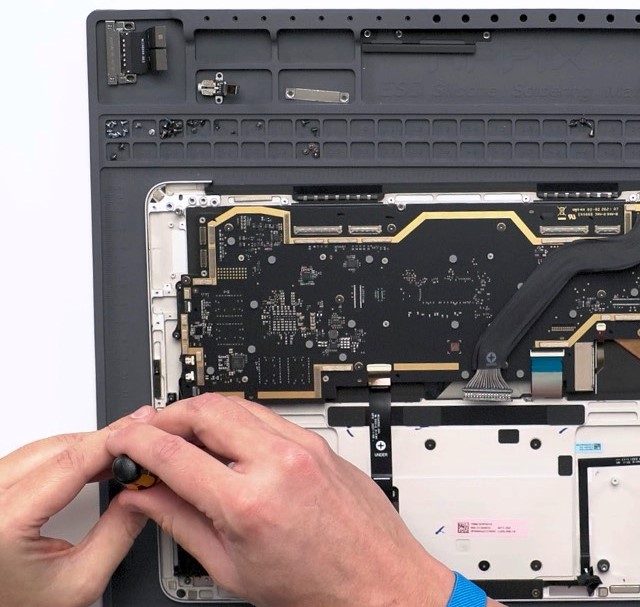Knowledge the key asset for family businesses
Old-fashioned family values are helping keep Auckland family businesses alive and should not be lost in the generational transfer process, says a visiting United States family business expert.
883
Old-fashioned family values are helping keep Auckland family businesses alive and should not be lost in the generational transfer process, says a visiting United States family business expert.
Dr Justin Craig, Associate Professor of Entrepreneurship at D’Amore McKim School of Business North-eastern University, Boston is speaking in Auckland for a BDO family business seminar series during April.
“Recent research shows that when the economy slumps, family businesses far outshine their non-family peers because they focus on resilience more than performance,” says Dr Craig.
“Their mindset is not one of growing for the sake of growth and outperforming the competitor, but taking less fat out of the tin so that they have a legacy to pass on. All businesses can learn from this.”
Dr Craig, who is returning to New Zealand on the back of a successful seminar series in 2011, will be presenting to family business in four centres nationwide on how to incorporate ‘learning’ into a successful generational transition.
“It’s about knowledge as well as wealth transfer, how to retain that entrepreneurial spirit and competitive advantage through the generations. Why has Dad succeeded? How has he managed to keep a low interest rate with the bank and what is his knowledge of the industry and where it is going?”
While all businesses need to regularly review the way they do business to stay competitive, with family businesses it is important not to lose the “family entrepreneurial DNA” ensuring it is passed on – “while the incumbent is still in the chair”.
Dr Craig says as research continues to highlight qualities that give family businesses their resilience, many non-family entities are starting to mimic key behaviours such as frugality in good times and bad, judiciousness in capital expenditure and carrying little debt.
“Take Nestlé for example, which follows most of the golden rules of the family business model. While it slightly underperformed its competitors during economic expansion of 1997-1999 and 2003-2007 it consistently outperformed them in times of financial stress and crisis.
“However, the biggest challenge facing New Zealand family businesses is the brain drain,” says Dr Craig.
“Young people may think they’ll get a better job across the ditch, but the reality is that they won’t. Being part of a family business is not just a job, not just as a career, it is a vocation where the rewards are not solely financial.”
Dr Craig says family businesses can encourage young people back by putting in place professional business structures to support the essential family model, with a focus on good governance, communications and strategic management.
“It’s important for young people to travel and work overseas, to learn skills at someone else’s expense. But encourage them back by being professional; creating an attractive job prospect in the same way you would when seeking the best manager or CEO in the world.”




